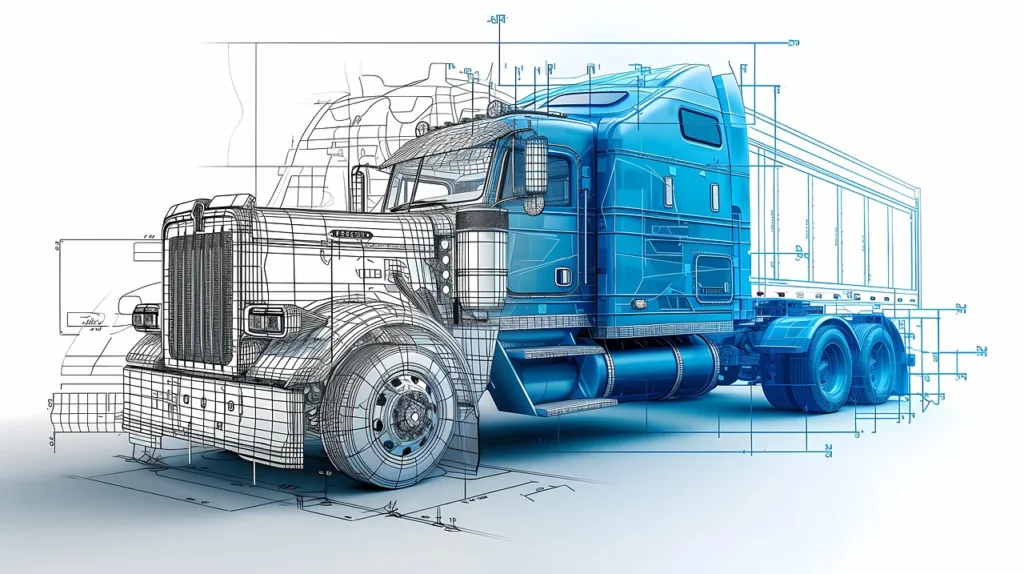What Is FTL vs LTL?
FTL stands for full truckload, while LTL means less-than-truckload. These two freight options serve different shipping needs. FTL shipments fill an entire truck and go directly to the destination. LTL shipments share space with other freight, making multiple stops along the way.
Choosing the right mode affects cost, speed, and security. Shippers must consider shipment size, urgency, and special requirements. With TLI’s LTL and FTL brokerage services, businesses get expert guidance to select the best option for their freight.
When to Choose FTL Shipping
FTL is the best choice when a shipment is large enough to fill a truck. A typical FTL shipment weighs over 15,000 pounds or takes up more than 10 pallets. Since FTL shipments move directly from pickup to delivery, they arrive faster.
Security is another advantage. With fewer touchpoints, the risk of damage or loss is lower. Fragile or high-value goods benefit from this protection. TLI’s FTL brokerage services connect shippers with reliable carriers to ensure safe and efficient transport.
If timing, security, or size makes FTL the right choice, TLI helps businesses secure competitive freight rates and optimize the mode of transportation. Our expertise ensures smooth freight movement from start to finish.
When to Choose LTL Shipping
LTL shipping is ideal for smaller shipments that don’t require a full truck. Generally, LTL freight weighs between 150 and 15,000 pounds and includes up to 10 pallets. Since multiple shippers share space, costs are lower than FTL.
While LTL takes longer due to multiple stops, it offers flexibility. Special services like liftgate delivery, inside pickup, or freeze protection are easier to arrange. TLI’s LTL brokerage services ensure businesses get the best pricing and reliable transit times.
For companies managing frequent smaller shipments, TLI helps optimize costs by consolidating freight and leveraging our extensive carrier network.

Cost Differences: FTL vs LTL
Price plays a key role in choosing between FTL and LTL. FTL rates depend on distance, truck availability, and fuel costs. Since a shipper pays for the entire truck, pricing is more predictable.
LTL rates depend on factors like freight class, weight, and accessorial charges. Because multiple shipments share a truck, the cost is lower, but pricing can fluctuate based on space availability. TLI’s freight brokerage expertise ensures shippers get the best possible rates for both FTL and LTL.

Managing Freight With TLI’s Logistics Services
TLI does more than just arrange freight. Our managed logistics services take care of the entire shipping process, including freight invoice audits, claims management, and issue resolution. If a problem arises—such as damaged freight or incorrect charges—TLI handles it.
Shippers can delegate all logistics challenges to us, allowing them to focus on growing their business. Whether choosing FTL or LTL, TLI provides full support to simplify shipping and reduce costs. In addition, TLI equips shippers with a transportation management system that will help automate the mode selection when routing less-than-truckload and full truckload shipments.
Get Expert Freight Solutions With TLI
TLI offers both LTL and FTL brokerage services, ensuring businesses get the right shipping solution at the best price. Our experienced team, strong carrier network, and end-to-end logistics support make freight shipping seamless & easy.
Need help deciding between FTL vs LTL?
Contact TLI today for expert guidance and customized freight solutions.
